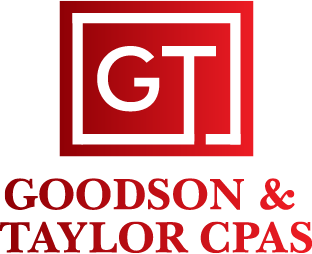Strategic Tax Planning for Small Business Financial Health
Jan 30 2025 14:11
Effective tax management is a significant yet complex aspect of running a small business. Strategic tax planning not only ensures compliance but can also substantially reduce tax liabilities, leading to greater financial health and opportunities for growth. Tax season can be daunting for small business owners, but high-level tax strategies can offer much-needed guidance.
One of the foundational strategies for sound tax management is accurate record-keeping. Keeping meticulous records makes tax filing smoother and helps identify potential deduction opportunities. Maintaining organized documentation of all transactions is crucial for defending deductions in case of an audit.
Retirement plan contributions
can also be beneficial. By contributing to a 401(k) or similar retirement plan, small business owners can lower their tax rates since these contributions are made with before-tax income. This reduces taxable income and builds a nest egg for the future.
Another way to lower tax liability is to claim available credits. Tax credits like the Work Opportunity Tax Credit and the Small Business Healthcare Tax Credit go directly towards reducing the tax owed. Small businesses should explore every credit they qualify for to maximize savings.
Income and expense timing
can provide substantial tax benefits. Depending on the business's accounting method, deferring income to a subsequent year or accelerating expenses to the current year can optimize the taxable income for a given period. Careful cash flow management in line with tax strategy can lead to significant savings.
It's easy to overlook the importance of estimated taxes, but paying them quarterly is crucial to avoid penalties. Small business owners must stay on top of these payments to ensure they aren’t hit with unexpected charges come tax time.
The business structure
also plays a role in tax planning. Different structures, whether an LLC, S-corporation, or sole proprietorship, come with varying tax implications. Consulting with a tax professional can help determine the most beneficial structure for your specific business situation.
Don't forget about health insurance deductions. Self-employed individuals can deduct health insurance premiums for themselves and their dependents, which can significantly reduce overall tax liability.
Businesses that use personal cars for business purposes can benefit from car expenses deductions. Accurately tracking business mileage and using the standard mileage rate or actual expense method can lead to significant deductions on your taxes.
Lastly, maximizing deductions
overall is key. Regular expenses like office rent, travel expenses, and employee salaries are often deductible. Working with a tax professional ensures all possible deductions are taken advantage of, further reducing the tax burden.
Strategic tax planning has the potential to transform a small business’s financial landscape. With the right strategies in place, navigating tax season becomes more manageable and beneficial. By proactively reviewing and adapting tax strategies, small business owners can set themselves up for success. Consider consulting with a tax professional to tailor these strategies to your unique business needs and unlock the full potential of effective tax management.

